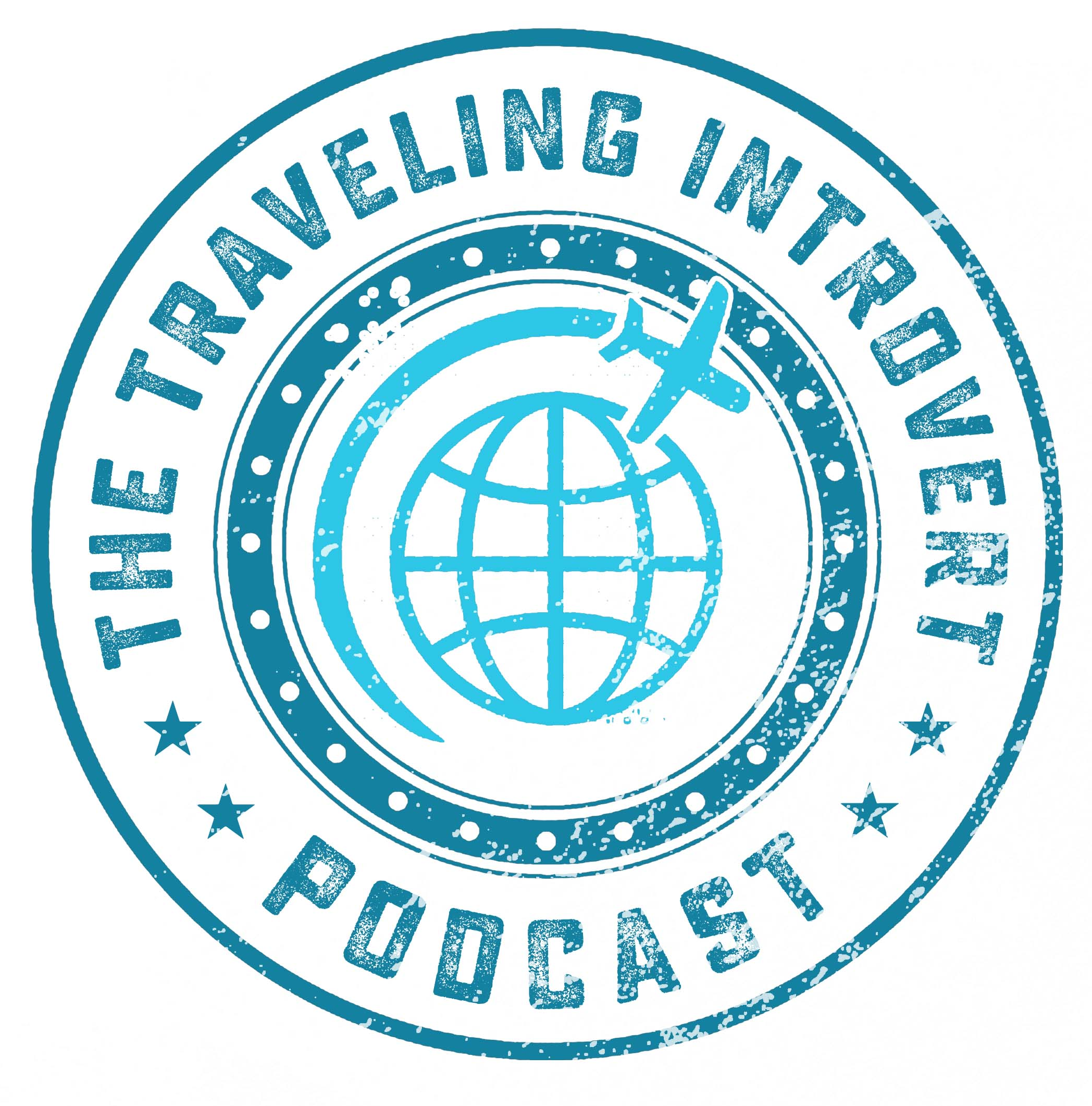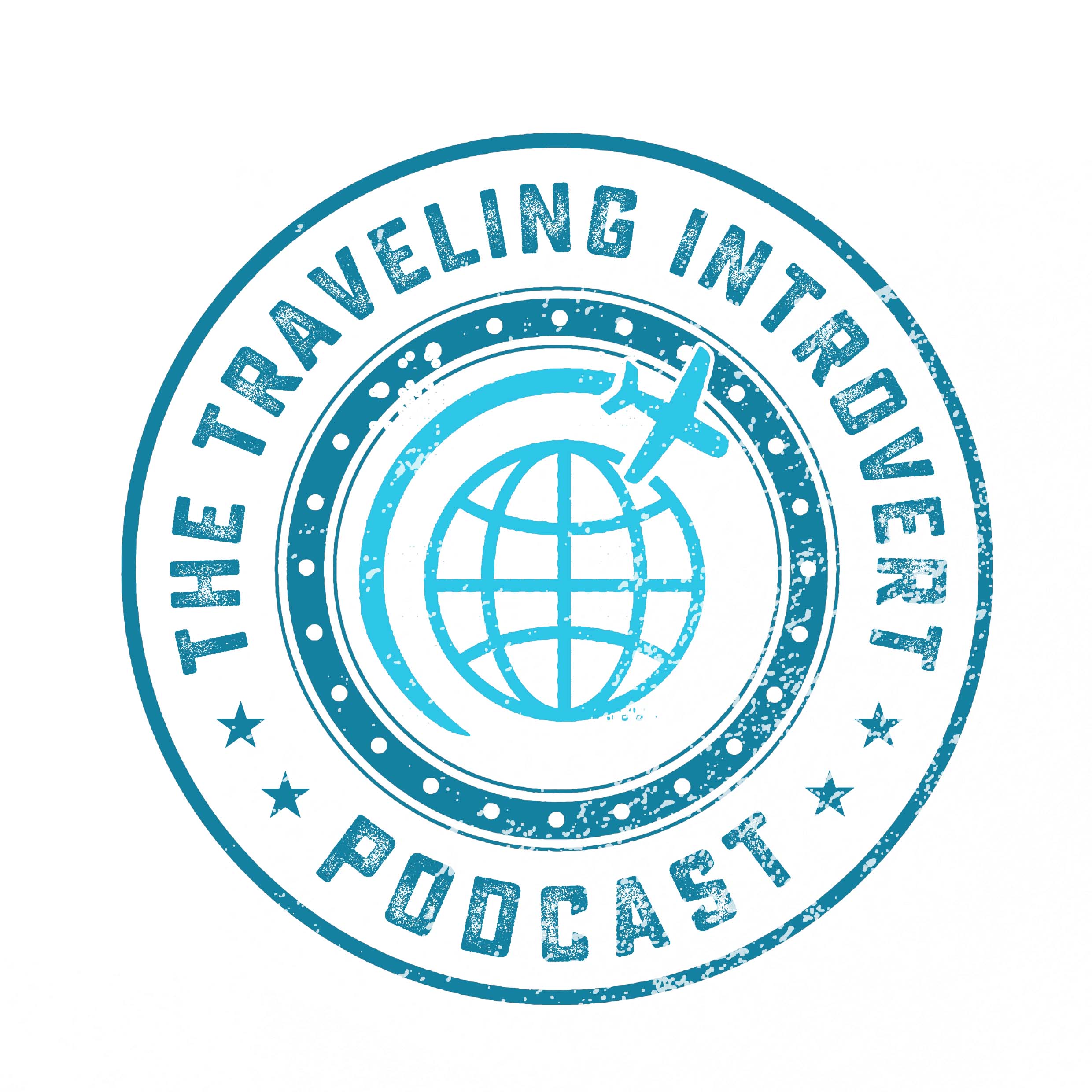Episode 318
Mastering Nonverbal Communication: Boosting Confidence and Building Rapport
Episode Topics:
1. The Importance of Direct Interaction:
- Facing the audience or person during communication.
2. Building Rapport through Mirroring:
- Mirroring body language for connection.
- Mirroring voice to create similarity and safety.
3. Matching Tone for Effective Communication:
- Speaking at the same pace to communicate effectively.
- Matching the tone of measured speakers.
4. The Role of Self-Awareness:
- Significance of self-awareness in communication and confidence.
5. Nonverbal Communication Elements:
- Body language, eye contact, and empathy.
6. Enhancing Nonverbal Communication Skills:
- Practice and self-awareness as essential for improvement.
7. Nonverbal Communication Techniques for Confidence:
- Learning and practicing nonverbal communication skills.
8. Your Face and Expressions:
- Using facial expressions to convey sincerity, authenticity, and active listening.
- Micro expressions and their role in revealing true emotions.
9. Effective Hand Gestures and Body Alignment:
- Proper use of hand gestures and avoiding overdoing it.
- Importance of body alignment.
10. Body Language and Introversion:
- Common assumption of poor body language by introverts.
- Improving body language to project confidence and willingness to interact.
11. The Connection between Body Language and Speaking:
- How improving body language can enhance speaking ability.
12. Voice Modulation and Body Language:
- Demonstration of voice changes based on posture.
13. Nonverbal Communication in Various Contexts:
- Importance of nonverbal communication in conveying thoughts, emotions, and intentions.
14. Focus on Body Language and Voice Modulation:
- Specific focus on body language and voice modulation as aspects of nonverbal communication.
15. Significance of Openness and Attention:
- Avoiding crossed arms to signal interest and attentiveness.
16. Eye Contact and Facial Expressions:
- The importance of eye contact and understanding potential cultural differences.
- Facial expressions as indicators of true emotions and individual expressiveness.
Transcript
Hello, and welcome to the traveling Introvert. Today I want to
Speaker:talk about communication and
Speaker:communication with confidence, but not
Speaker:necessarily what you're thinking about. You know, have
Speaker:you ever wondered like some people, when they enter the room, you kind of know
Speaker:the almost command attention and it's not they might
Speaker:not even have to speak, therefore it's not the words that captivate. But there are
Speaker:nonverbal cues. And so nonverbal communication
Speaker:is really vital in conveying your thoughts,
Speaker:emotions, intentions, just as much as your verbal
Speaker:communication. So I want to talk about two sides. I want to talk about sort
Speaker:of the body language, but I also want to talk about voice modulation.
Speaker:So with nonverbal, as far as like body language
Speaker:is concerned, it's a powerful tool, but it
Speaker:encompasses your posture, gestures, facial
Speaker:expressions and overall physical demeanor.
Speaker:And to communicate with confidence, you should pay attention to the following
Speaker:aspects of your body language. And this is something that I
Speaker:get told a lot because people assume that introvert
Speaker:are kind of hunched over and look inward
Speaker:and have a please don't talk to me vibe. And to some people
Speaker:that communicates a lack of confidence or lack of wanting to
Speaker:interact. So when you think about your posture,
Speaker:stand or sit up straight and convey a sense of openness and
Speaker:attentiveness, pull your shoulders back. It also works well
Speaker:for helping you speak better. I don't know if you've noticed that.
Speaker:So right now I'm currently hunched over and this is the way my voice sounds.
Speaker:But when I go ahead and open up and stretch,
Speaker:my voice sounds different. Don't cross your arms because
Speaker:this is something that signals disinterest or defensiveness
Speaker:and just be present of that because I know that's something that I do a
Speaker:lot. Eye contact. Eye contact is this weird thing. People assume
Speaker:that eye contact, like specific eye
Speaker:contact, shows good communication and confidence, but it can be
Speaker:unnerving. And not only that, if you're being asked a question and you're
Speaker:thinking you looking off to the side does not mean that you are not paying
Speaker:attention. So I think eye contact is overrated,
Speaker:but it is important. And then there's your facial expressions. I've
Speaker:been told personally, I have a bunch of great facial expressions, not
Speaker:intentional, it's just I don't really hide my feelings. And so your face
Speaker:is an essential tool for expressing emotions and connecting
Speaker:with others. So smiling or rolling your eyes, people
Speaker:know what you're thinking. So just smile genuinely when appropriate
Speaker:and think about your facial expressions to the tone of the conversation. You
Speaker:want to convey sincerity and authenticity and the fact
Speaker:that you're actually listening and then
Speaker:think about sort of micro expressions. So with
Speaker:facial expressions, the micro expressions are fleeting expressions that
Speaker:reveal your true emotion. Learn to recognize and control
Speaker:your microaggressions and your micro expressions to align them with
Speaker:your intended message. Hand gestures,
Speaker:the don't overdo it, but they help to sort of
Speaker:give more emphasis to things that you are saying.
Speaker:I know that some people fidget and other people can find that
Speaker:distracting, but if that what works for you to keep you
Speaker:attuned and what you're doing, do that body
Speaker:alignment. Make sure when you're speaking to a group conversing that you face
Speaker:the audience or the person that you are interacting with directly. It shows that you
Speaker:want to be actively involved in communication.
Speaker:And then there's sort of mirroring.
Speaker:You'll mirror the body language of the person you're speaking with. This can help build
Speaker:rapport and create a sense of connection. It is something that you don't realize is
Speaker:being done or the other person doesn't realize is being done. But
Speaker:we tend to really appreciate when someone is mirroring us and that
Speaker:goes for the same with your voice. If you're talking to someone who speaks really
Speaker:quickly and does things like that, then if you speak in the same way,
Speaker:for some reason our minds attune that with oh, this person is
Speaker:like me and therefore they're fine and they're safe. If you have
Speaker:someone that speaks with a
Speaker:more measured tone when you're talking
Speaker:to them, you should try and match that measured tone
Speaker:because that for them is what's easy for them to take on
Speaker:information and do that sort of a thing. So there's mirroring in personal appearance
Speaker:but also sort of in your voice and your modulation
Speaker:and just being emotionally aware of what you're doing. Self awareness is mainly the
Speaker:best part of communication and communicating confidently. Be
Speaker:aware of how you're standing. Are you fidgeting what you're doing? Are you
Speaker:listening? Are you having an eye contact? Empathy?
Speaker:With a little awareness and mindfulness you can really enhance your
Speaker:nonverbal communication skills that allow you to convey confidence in any
Speaker:situation. Practice and practicing self awareness
Speaker:is essential and so you need to kind of divert these skills and it's a
Speaker:muscle that you need to practice and grow. With dedication and attention to
Speaker:detail you will build your confidence and become a better communicator because of it
Speaker:by learning about and practicing all these things with nonverbal
Speaker:communication. Thank you for listening. This is
Speaker:Janice@thecareintrovert.com helping you build your brand and get hired. Have



